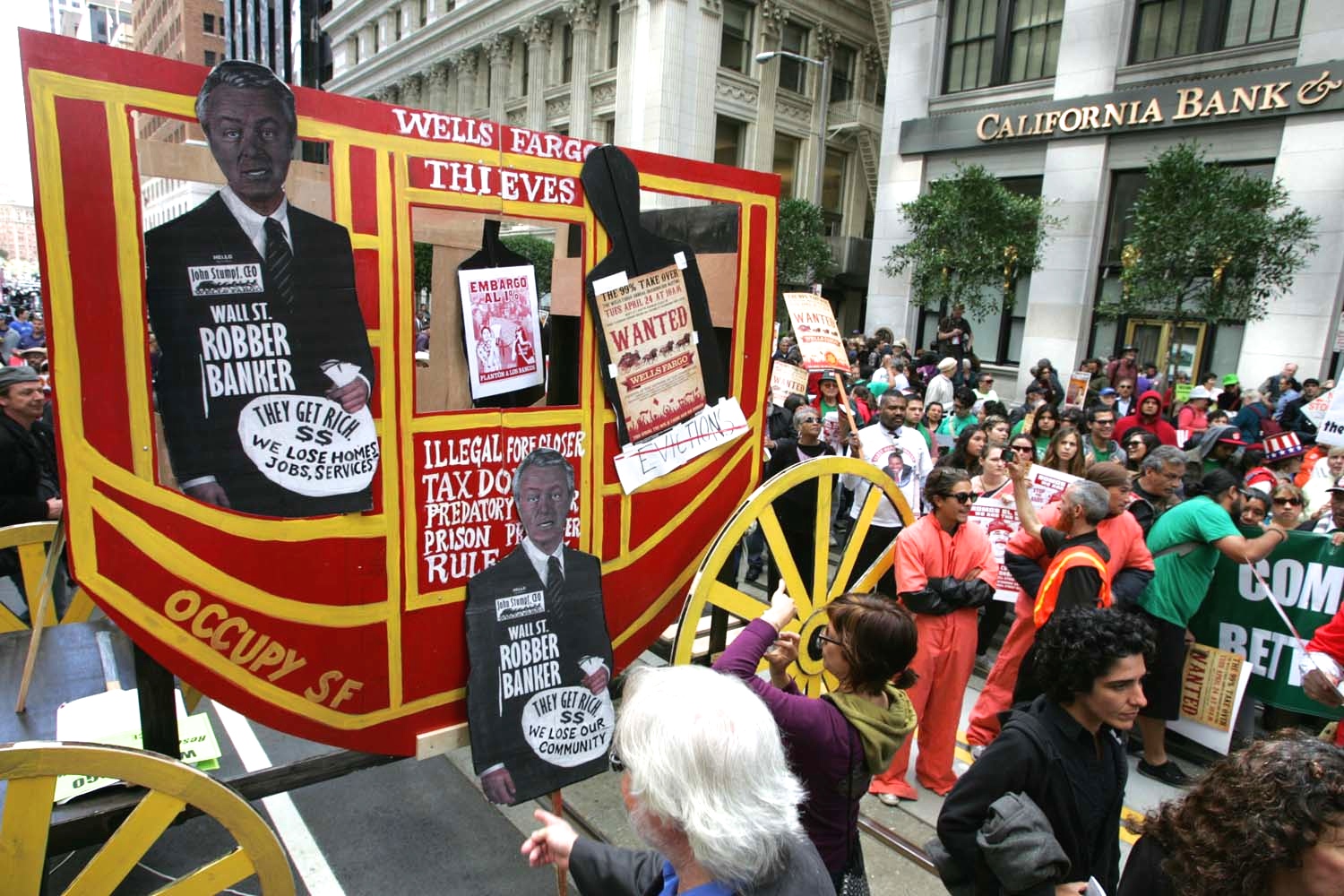 The Justice Department and the federal regulatory agencies have been less than energetic in prosecuting corporate crime and misconduct lately, so it was interesting to see the DOJ announcement that it had gotten Wells Fargo to fork over $2 billion to resolve a case involving mortgage-backed securities.
The Justice Department and the federal regulatory agencies have been less than energetic in prosecuting corporate crime and misconduct lately, so it was interesting to see the DOJ announcement that it had gotten Wells Fargo to fork over $2 billion to resolve a case involving mortgage-backed securities.
Before thinking that the Trump Justice Department is getting tougher on business offenders, it is important to keep in mind that this is a holdover matter from the prosecution of the big banks by the Obama DOJ in the wake of the financial meltdown. Most of the other banks settled their toxic securities cases long ago.
Wells held out and has now been rewarded by the Trump DOJ with a settlement that is substantially smaller than the ones that preceded it. JPMorgan Chase settled for $13 billion in 2013 and Bank of America for $16 billion the following year.
If anything, Wells should have been forced to pay out more to penalize it for its resistance. Moreover, during the years since its competitors resolved their cases, a tsunami of negative revelations have occurred regarding the other misconduct of Wells.
In fact, it has almost seemed that Wells was in a contest with Volkswagen to be crowned the most brazen corporate miscreant. Nearly two years ago, the scandal erupted regarding the bank’s widespread practice of secretly opening vast numbers of unauthorized customer accounts in order to generate illicit fees (the number of bogus accounts would turn out to be several million). This was followed by a series of other allegations such as charging 800,000 car loan customers for insurance they did not need.
Earlier this year, the Federal Reserve took the unprecedented step of barring Wells Fargo from growing any larger until it cleaned up its business practices. The agency also announced that the bank had been pressured to replace four members of its board of directors.
The actions of Wells were so egregious that even Mick Mulvaney, who took over the Consumer Financial Protection Bureau with the aim of defanging it, agreed in April to have the agency join with the Office of the Comptroller of the Currency to fine the bank a total of $1 billion for selling unnecessary products to customers and other improper practices.
The recent misdeeds of Wells share characteristics with the behavior outlined in the DOJ’s case. The bank appears to have been just as systematic and shameless in its deceptive mortgage practices as it was in generating bogus accounts. It seems that Wells managed to incorporate fraud into its business model in a seamless manner.
If any defendant was undeserving of preferential treatment, Wells Fargo is it.